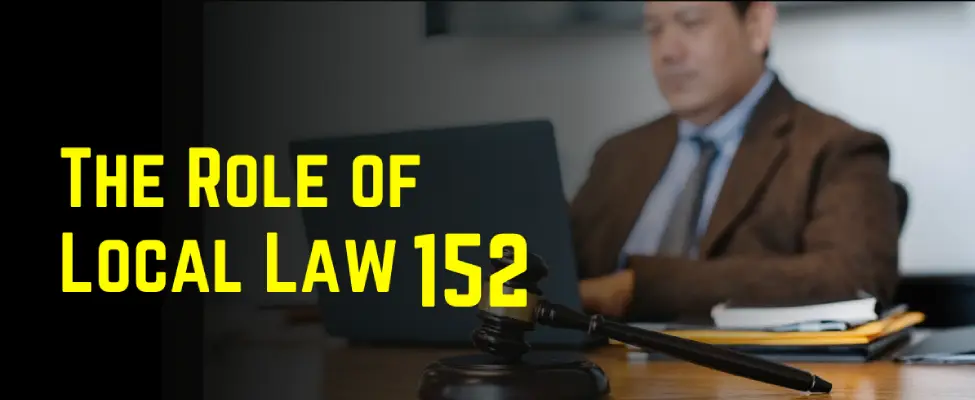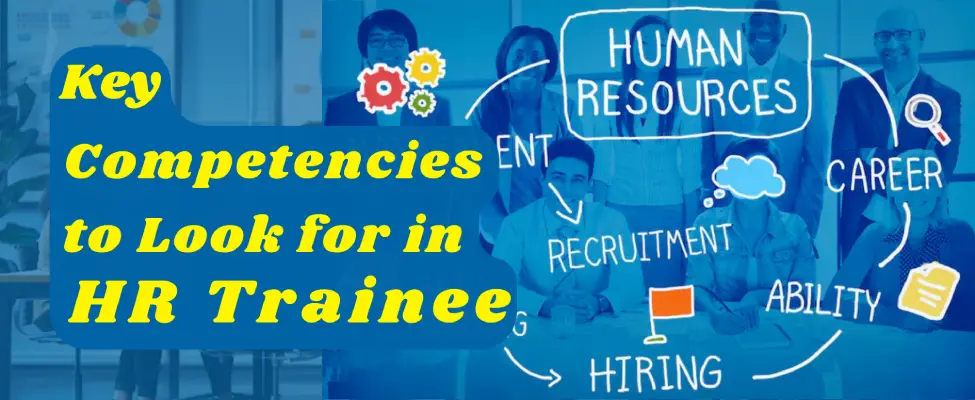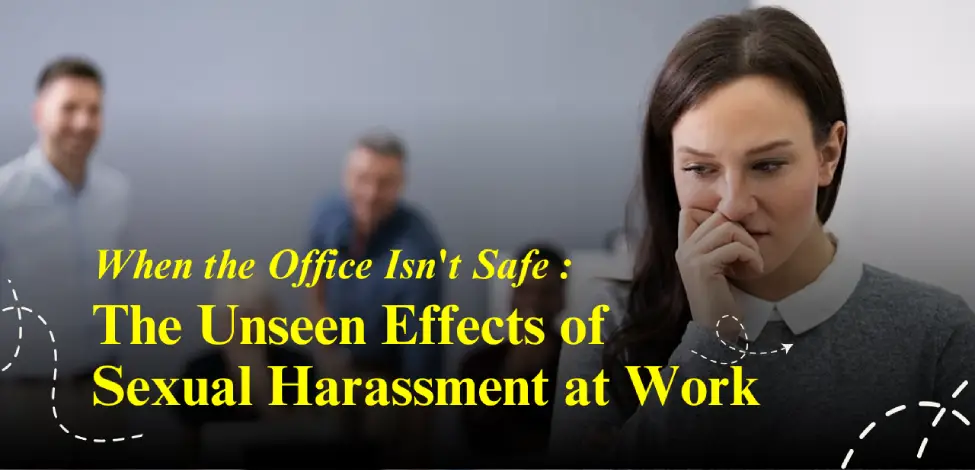Category
Reviewed by HR & Business Communication Experts Updated for 2026 Professional Communication Standards
Employee Welfare policy of organization
Welfare policy is to ensure the benefits, facilities given to the employees to work in a better environment. These policies are maintained so that employees may maintain proper productivity. It helps to develop and implement proper positive working environment and other facilities as per approval provided by employer for employees. These policies include dress code, facilities for personal communication, gifts, vouchers, and access to equipment and many more.
a. Dress Code
The choice of attire is of personal discretion. But every employee of any organization bears the responsibility of representing it and, therefore, positive well done clothing and a professional look is needed here at Organization. A positive and professional look sheds heavy weight on the organization’s image as well as the colleagues. As a minimum standard, dress should be clean, neat and professionally appropriate.
Some company have their proper dress attire which you can consider as uniform, various graded people have separate uniform. Especially for factories some uniforms are supplied as safety measures, which are mandatory to wear.
The following are examples of items that are not acceptable:
- Ripped or torn clothing
- Flip-flops or sports sandals
- Sportswear or beachwear
Organization reserves the right to request a staff member to dress to an appropriate standard as a condition of employment. If one is found in inappropriate clothing he/she may be sent back to change as per the professionally accepted way before commencing the day’s work.
b. Personal Communications
Phone Calls
The making and receiving of personal phone calls must be limited to a maximum of five minutes in duration, unless otherwise approved by your manager.
Email has legal status as a document and is accepted as evidence in a court of law. Even when it is used for private purposes, Organization can be held responsible for the contents of email messages, including any attachments. Access to emails can be demanded as part of legal action in some circumstances.
It is therefore important that email is used within the following guidelines:
- Email should mainly be used for formal business correspondence and care should be taken to maintain the confidentiality of sensitive information.
- Formal memos, documents and letters for which signatures are important, should be issued on factory letterhead regardless of whether a physical or electronic delivery method is used
- If electronic messages need to be preserved, they should be printed out and filed.
- Limited private use of email is permitted, provided that such does not interfere with or distract from an employee’s work. However, management has the right to access incoming and outgoing email messages to determine whether staff usage or involvement is excessive or inappropriate
- Non-essential email, including personal messages, should be deleted regularly from the ‘Sent Items’, ‘Inbox’ and ‘Deleted Items’ folders to avoid congestion
- ll emails sent should include the approved organization disclaimer.
In order to protect Organization from the potential effects of the misuse and abuse of email, the following instructions are to be observed by all users.
- No material is to be sent as email that is defamatory, in breach of copyright or business confidentiality, or prejudicial to the good standing of Organization in the community or to its relationship with staff, customers, suppliers and any other person or business.
- Email is not to contain material that amounts to gossip about colleagues or that could be offensive, demeaning, persistently irritating, threatening, and discriminatory, involves the harassment of others or concerns personal relationships.
- The email records of other persons are not to be accessed except by management (or persons authorized by management) engaged in ensuring compliance with this policy, or by authorized staff who have been requested to attend to a fault, upgrade or similar situation. Access in each case will be limited to the minimum required to complete the task.
- When using email a person must not pretend to be another person or use another person’s computer without permission.
- Excessive private use, including mass mailing, “reply to all” etc. that are not part of the person’s duties, is not permitted.
Failure to comply with these instructions is an offence and will be subjected to appropriate investigation. In serious cases, the penalty for an offence or repetition of an offence may include dismissal.
Internet
The internet facility provided by Organization is for business use. Access is authorized by managers on the basis of business needs. Limited private use is permitted provided the private use does not interfere with or distract a person’s work. Management has the right to access the system to determine whether private use is excessive or inappropriate.
The following activities, using organization internet accesses are not permitted:
- Attending to personal activities of a business nature.
- Viewing, other than by accident, sites or emails displaying obscene, violent, defamatory and unlawful materials and materials that could cause Organization Name to be in breach of equal opportunity or anti-discrimination legislation, verbally or non- verbally.
- Downloading or printing material as described above.
- Showing others or allowing to be seen by others, items as described above.
- Repeated or prolonged use that is not directly relevant to the user’s work.
- Introducing computer viruses by failing to follow organization’s IT procedures.
- Downloading software from the internet or from unauthorized disks and CD ROMs on to the internal network.
Failure to comply with these instructions is a disciplinary offence and will be subjected to appropriate investigation. In serious cases, the penalty for an offence, or repetition of an offence, may include dismissal.
c. Gifts & Gratuities
Organization is committed to ensure that all business relationships with suppliers and clients are legal and based on professional integrity.
Managers should be notified when a gratuity has been received. If the gratuity has been received as a thank you for work performed then it should be noted in the employee’s personal file to ensure that it is included in the employee’s next appraisal.
No employee can give a gratuity to a client without prior approval from management. Such gratuities must always be part of an approved program of customer relationship management and specific gifts will be purchased centrally in appropriate quantities with management approval.
d. Meal Period
All employees and associated members are provided with one meal period of 60 minutes in length on each work day. Timing for meal period is 1.00 p.m. - 2.00 p.m.
Food and drinks consumption is not permitted in the following areas:
- Corridors
- Stairways
- Meeting Rooms
- Toilets
- Reception Areas
- Entrances
- Parking
- Other than lunch / canteen area.
e. Work Areas
Food/Drink consumption is not permitted in any work area. This applies to all offices and work areas, whether occupied by one or shared.
Implementation and enforcement of the policy:
Managers will be responsible for the promotion and maintenance of the policy by their staff.
Employees should inform the appropriate manager of anyone who fails to comply with the policy.
Visitors not adhering to the policy will be asked to comply or leave the premises.
Breaches of this policy are subjected to the normal disciplinary procedures.
f. Use of Equipment
Organization will provide employees with the equipment needed to do their job. Equipment essential in accomplishing job duties is often expensive and may be difficult to replace. While using equipment, employees are expected to exercise care, perform required maintenance, and follow all operating instructions, safety standards, and guidelines. Equipment should not be used for any personal use, nor removed from the Organization unless it is approved for a job that specifically that requires use of organization equipment outside the facility.
Please notify your reporting officer if any equipment, machines, or tools appear to be damaged, defective, or in need for repair. The destructive or unsafe use or operation of equipment can result in disciplinary action including termination of employment.
g. Emergency Closing
At the occasions, crises, for example, extreme climate, fire, or power disappointments, can upset manufacturing plant activities. In outrageous cases, these conditions may require the end of a work office.
When operations are officially closed due to emergency conditions, the time off from scheduled work will not be considered as a leave for individual’s employees or associated members.
h. Visitors In The Work Place
In order to provide for the safety and security of employees and facilities at Organization, only authorized visitors are allowed to the in work place.
Restricting unapproved visitors keeps up well being benchmarks, guarantee security of gear, ensure private data, shield worker welfare, and maintain a strategic distance from potential diversions and unsettling influences.
All visitors should limited to Organization at the reception area. Authorized visitors will receive directions or be escorted to respective department.
i. Work Place Monitoring
Work place monitoring is done by the organization to ensure quality control, employee’s safety, security, and customer satisfaction.
Employees or associated members who regularly communicate with customers may have their telephone conversation monitored or taped.
Telephone monitoring is used to identify and correct performance problems through targeted training. Improved job performance enhances our customer’s image of Organization as well as their satisfaction with our services.
Computer furnished to employees are the property of Organization Name, so computer usage and files may be monitored or accessed.
j. Work Place Violence Prevention
Organization is committed to preventing work place violence and to maintain safe work environment. Given the increasing violence in society in general.
All employees, associated members, and temporary employees should be treated with courtesy and respect at all times.
Lead that debilitates threatens or forces another representative, related individuals, any client, or an individual from open whenever, including taking a break periods, won't go on without serious consequences.
All threats of (or actual) violence, both direct and indirect, should be reported as soon as possible to your reporting officer or any other member of management. Do not place yourself in peril.
Association urges worker to bring their question or contrasts with different representatives to the consideration of their revealing officer or the HR Department before the circumstance grows into potential savagery.
Organization is eager to assist in the resolution of employees disputes, and will not suppress employees from raising such concerns.
Author & Reviewer
This content is prepared and reviewed by HR and workplace communication professionals and is updated to reflect current professional Standards.
Latest JobsView All
-
Editorial Manager - English @ ... New Delhi 17 Feb 2026 Ascent Human Solutions Pvt. Ltd..
-
Manager Quality... Gurgaon 13 Feb 2026 Ascent Human Solutions Pvt. Ltd..
-
Marketing Manager @ Delhi... New Delhi 17 Feb 2026 Ascent Human Solutions Pvt. Ltd..
-
Assessment Lead (English) @ De... New Delhi 17 Feb 2026 Ascent Human Solutions Pvt. Ltd..
RELATED ARTICLES
-
Business & Management Budget-Friendly Office Cubicles: Cost-Effective Options for ... Explore
-
Law & Compliances Integrating Local Law 152 Gas Inspections Into Your Annual B... Explore
-
Human Resource Key Competencies to Look for in HR Trainees Explore
-
-
Performance management Employee Happiness and Workplace Happiness 2025 Explore
-
Performance management Boosting Employee Engagement and Knowledge Retention through... Explore
-
Human Resource Why Employee Voice Matters? Explore
-
-
-
Human Resource HR Planning - How to Manage Your Leave Policy Structure Explore
-
Human Resource Mastering Leadership: The Three C's of Success Explore
-














